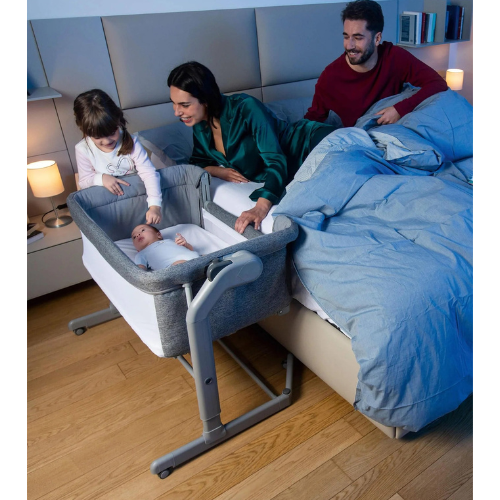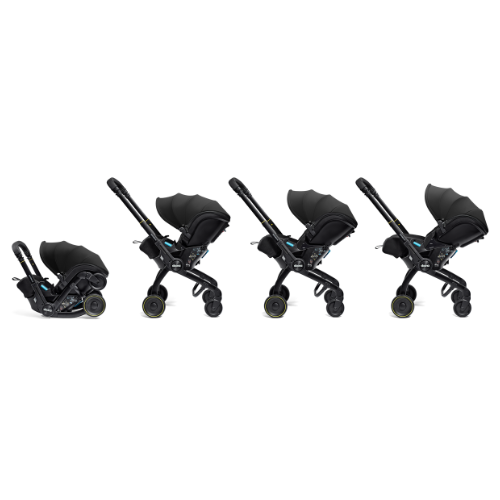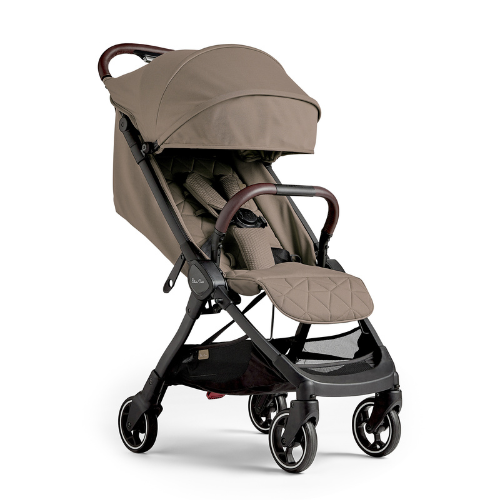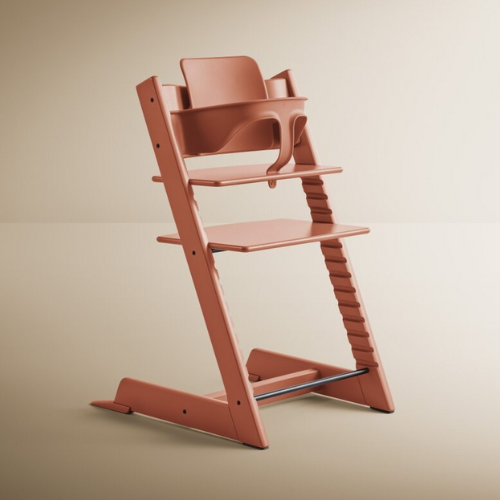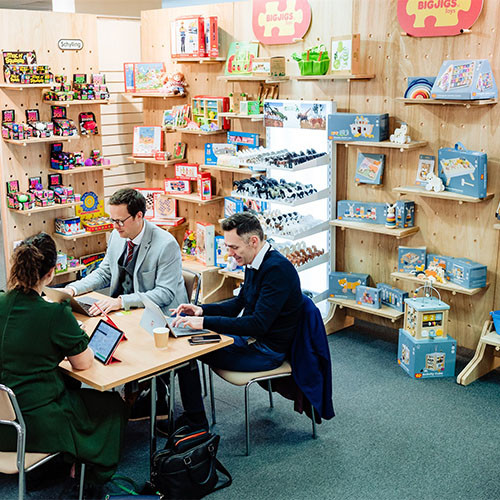Indie retail group says retailers must ‘take control of their own destiny’ as it issues ten point plan.
Independent retail group, Bira, has urged indie retailers to start thinking about life after lockdown, revealing a ten point plan on how the sector could be supported back to health.
In an open letter on the Bira website, ceo Andrew Goodacre acknowledged that when faced with the day to day problems of managing a business that is closed with no cash coming in, it can be difficult to think about life after lockdown.
However, with independent retailers at the heart of every good high street, retailers must ‘take control of their own destiny’ as it’s not all about waiting for government intervention.
Andrew commented: “Primarily, we must accept that going ‘back to normal’ is not an option. The way COVID-19 has disrupted our daily lives and businesses in all sectors, suggests that a ‘new normal’ is being established. The growth of internet shopping has accelerated due the closure of shops and it is unlikely to return to pre-crisis levels.
“Working from home will become the norm – although I think it will present a more flexible working model with people dividing time between home and office. Either way, midweek footfall in shopping hubs will be reduced. Consumer confidence will be low for some time due to ongoing health concerns and the economic repercussions of the virus.
“And until there is medical treatment for the virus, any easing of restrictions will need to be done in phases to avoid the likelihood of a second wave of infections and deaths. A protracted period of uncertainty is likely to keep all-important footfall at lower levels.”
Bira’s ten point plan for indies is as follows:
- Exit plan: A clear exit strategy is needed with the opening of smaller shops taking priority. We should learn from steps being taken in Europe as countries there exit lockdown.
- Financial stimulus: The government needs to implement a financial stimulus to entice people back to the shops and generate consumer confidence. VAT has been used in the past as such a stimulus and should be done again over the summer.
- Furlough scheme extension: The scheme should be extended but at lower levels to avoid a ‘hard exit’ from lockdown. With footfall reduced, sales in shop will decrease, and there will be temptation for retailers to make staff redundant or not open at all, judging it uneconomic to do so.
- Cooperation with other key services: Reopening the high streets needs to be done in conjunction with schools and increased levels of public transport.
- Working together: Town centre managers, Business Improvement Districts (BIDS), local authorities and retailers must work together to accelerate plans for changing towns. Retail was already under pressure, but there was not enough cohesive thinking behind the improvement plans. Clarity of thought and more ambitious schemes are essential.
- Multi-channel sales: Retailers move towards omni channel retailing. Some have been doing it well but many more now need to embrace technology and, ultimately, opportunity. We have seen some members do this well, using social media and internet marketplaces to promote their business. This will require investment in good technology, including effective point of sale (POS).
- Customer first: Adopt a more customer-focused approach. Retailers have been offering deliveries, click-and-collect and improved community engagement. This crisis has enforced a stronger sense of community, presenting an opportunity for the independent retailer often at the heart of it.
- Sustainable retail: This was a growing trend prior to the crisis, and it will be even stronger post-crisis. If anything, there will be a greater focus on environmental issues as we start to benefit from less pollution (due to less industrial activity, less traffic, etc). Retailers who introduce sustainable retailing into their business will differentiate themselves and appeal to a wider generation of consumers.
- Focus on customer experience: As time goes by footfall will increase and interest in visiting the high street will return. Retailers (and their employees) must appreciate the need for giving an ‘experience’ to the consumer – engagement, knowledge, different products.
- Be brave: Work together and take advantage of available support. There will be many new ideas introduced into the world of retailing – some will work and some won’t. Could a clothes shop do a fashion show via the House Party app? Can a cook shop do a demonstration via Zoom?
Andrew concluded: “Unfortunately, there are some businesses that won’t survive. Retail was changing in any case. COVID-19 has bought together communities and, as I have said, I believe the independent retailer is the heart of every good high street.
“With a bit of luck and a lot of the creative, entrepreneurial flair that has always been part of successful retailing, I am confident that the ‘indie’ will continue to serve its consumer.”












